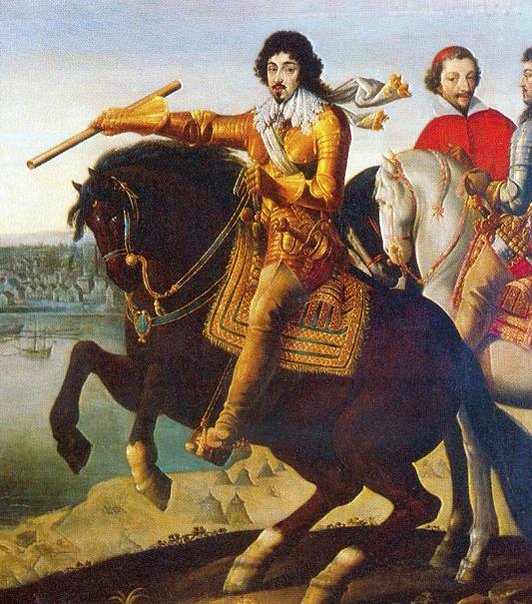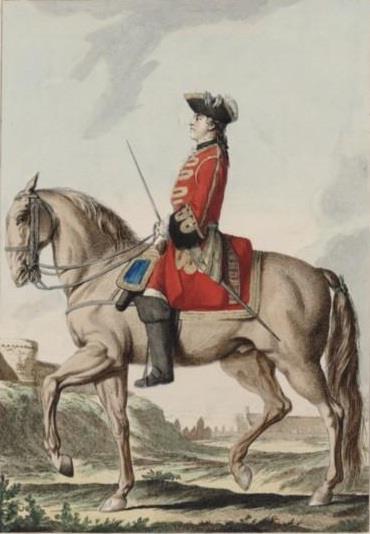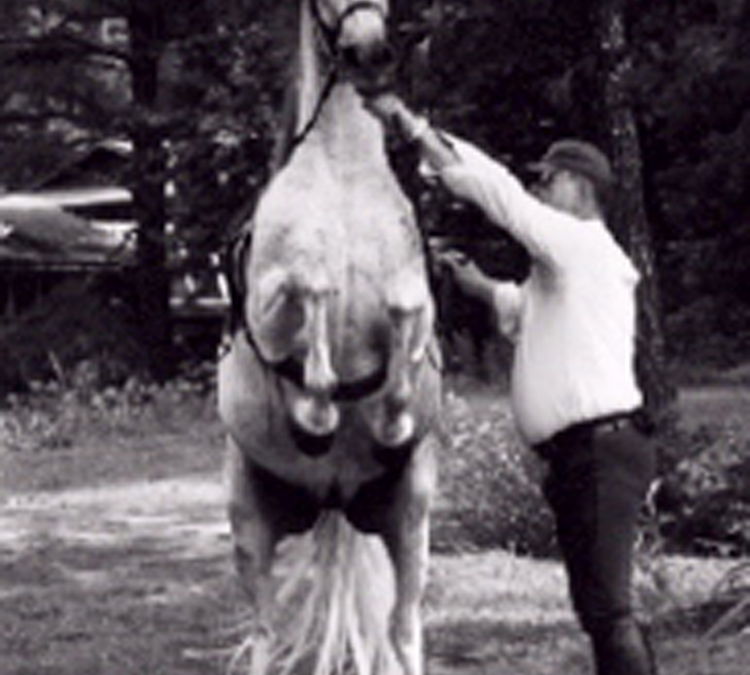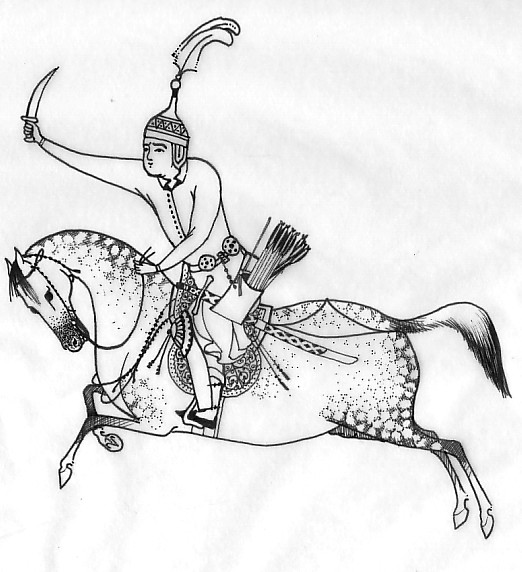
by Craig Stevens | Jan 29, 2015 | Craig Stevens' Blog
Space in the old ways is the fifth element. The other elements (earth, water, fire and air) were considered substantive and hence give preference in the minds of the ancients in western culture. In eastern culture, space was considered as more important because it is what unites the other elements. In working with horses, especially in the higher levels, following the ancient’s beliefs, space performs an increasingly more and more important place in training. In the horse’s mind even from the very start of working with humans, space is everything. Early training centers first around water and earth and then progresses to fire and air but space is what joins each of the element to each other. So in this, dressage bridges the gap between eastern and western cultures. Of course, dressage, as one of the highest fruits of European culture did not fail to appreciate the importance of space. The lack of extensive literature on equitation was a result not just of a lack of or limited literacy in the nobility but also from a deep awareness of the difficulty in explaining in written and even verbal language the nature of this art. All educated people (which were in former times, either the priests or the nobility) were educated in the elements as the science of those times. Dressage as an ancient science used the elements and was described through those terms and as we approached the modern era the development of the physical sciences caused a dismissal of these old ways as superstitious and this was especially so of the fifth element, space. The fact that this...

by Craig Stevens | Jan 26, 2015 | Craig Stevens' Blog
Good dressage starts when you begin to realize there is something good and constructive about being you as yourself. You extend yourself to your horse and through this experience you find a devotion and faith to make a journey. You find a personal inspired connection somehow and feel the same call that called the masters of old to open to the horse. Then an authentic caring for the horse begins to take place. From this place a gentle kindness takes root and it brings devotion and dedication to this world. At the same time our tender heart extends itself as caring for horses that brings with it a willing and joyful renunciation. You are inspired to renounce any dressage that is without authentic heart: any perversion, selfishness, egotism, and arrogance fades away. A fundamental wholesomeness arises in oneself and thus a true student of the horse is born. The eternal beginner starts to walk toward mastery. Everyday and every ride is a love affair with the horse. There is no goal only the joy of finding a true path that contains the beauty of your tender heart that your happy feet walk. We walk, trot and canter with our soul. Such dressage is eternal joy and mastery that is found without ever looking just through a simple experience of being open; awake is an action which performs itself. Everyone of us can find this way because it is already in us. We bring our inner horse to the outer horse and find the harmony which is naturally between them. We are our own best trainer and we study hard...

by Craig Stevens | Jan 25, 2015 | Craig Stevens' Blog
Training difficulties have several aspects to them. There are basic difficulties, projected difficulties and created difficulties. When educated properly, dressage only needs to involve basic difficulties. So let us look closer at how this works. Basic difficulties are organic to the horse. They deal with and are founded in temperament, conformation and genetics. They are both internal and external in origin. It is not that we as trainers are free from these difficulties ourselves but that once we have learned deep listening to the horse or at least empathic listening, we have a handle on them. This means we are able to put our own neurosis aside and ‘see’ the horse. Projected difficulties are psychological in origin and are a direct reflection of our own mental apparatus. There is no current or authentic barrier present other than in the extension of our own mind. This is our judgements and emotional evaluations from past experience and sometimes these problems are socially enforced by those around us. These obstacles are not real or perhaps better to say they have no substance of their own but that is not to say they are not very powerful and act on the horse causing waves of other problems to arise. These projections are very difficult to control and are almost compulsive. Many times one finds that you see these issues after the fact because they are so very tied into our own neurotic side. They are supported by conditional listening. The voice of the horse is really our own ego speaking to us. We do not “hear” the horse only the horse we create in...

by Craig Stevens | Jan 24, 2015 | Craig Stevens' Blog
In order to learn dressage and to train the horse properly, blamelessness is a very simple but important thing to understand. Mistakes are more important to the process than correctness. There is no work that you can do with a horse or yourself for that matter which starts in perfection. The only mistake which is a problem is when you create punishment through over aggression. Blame is not something worthy of a horse or a horse person. Blame doesn’t come from the horse or others really. It is something which each of us chooses to take on and while in this world many people may give you blame, it is always you who choose to accept it or not. To be without blame is daring to leave fear behind. Taking blame onto yourself means that it is yours. In other words, when you’re in a cave and you shout something, if it bounces off a rock, then the cave walls appears to answer you back. But you don’t blame the cave or the rock for this. You take the blame on yourself, because you created the sound. When you are training a horse, you are in essence in an echo chamber. The horse simply reflects your actions so you create the echo and the horse sends it back. One seeks to blame the echo rather than the one who creates the sound but, there is hope if you can see the pattern. Reduce the negativity of blame by understanding the situation. Blame does not have any real value because it is the result of a fear which is always after the...

by Craig Stevens | Jan 23, 2015 | Craig Stevens' Blog
The point of the cultivation of excellence in dressage is that the human/horse relationship can be worked out in such a way that both beings benefit. This is a simple matter but not necessarily easy. Good dressage dispels the neurotic conditions that prevail in the horse/human relationship which expresses itself through aggression, fear and ignorance. There is no art or beauty to be found in such an approach. For a true beauty and art to occur, it requires effort which is a natural expression of our love and commitment to the horse and of course to ourselves. We give the horse the gift of an expansion of language and the horse gives us in exchange the opportunity to find in ourselves something precious which is beyond language. Working with the horse is not a matter of projecting your power onto the horse to subjugate it. It is not forcing the horse to listen to what you have to say, obeying your every command. This is just the opposite of good dressage. Finding the way to good work is about a path of kindness, sympathy and gentleness. That is the essence of the nobility and art in the work. Finding this is learning to be genuine and trust in your own heart. It is sad to see a dressage which is aggressive and ego driven which cares more about appearance and display than the horse. Such work also damages us by hardening our hearts to each other and the horse. Dressage was never about a pretension of nobility. The old masters did not need to pretend to be noble, they...







Recent Comments